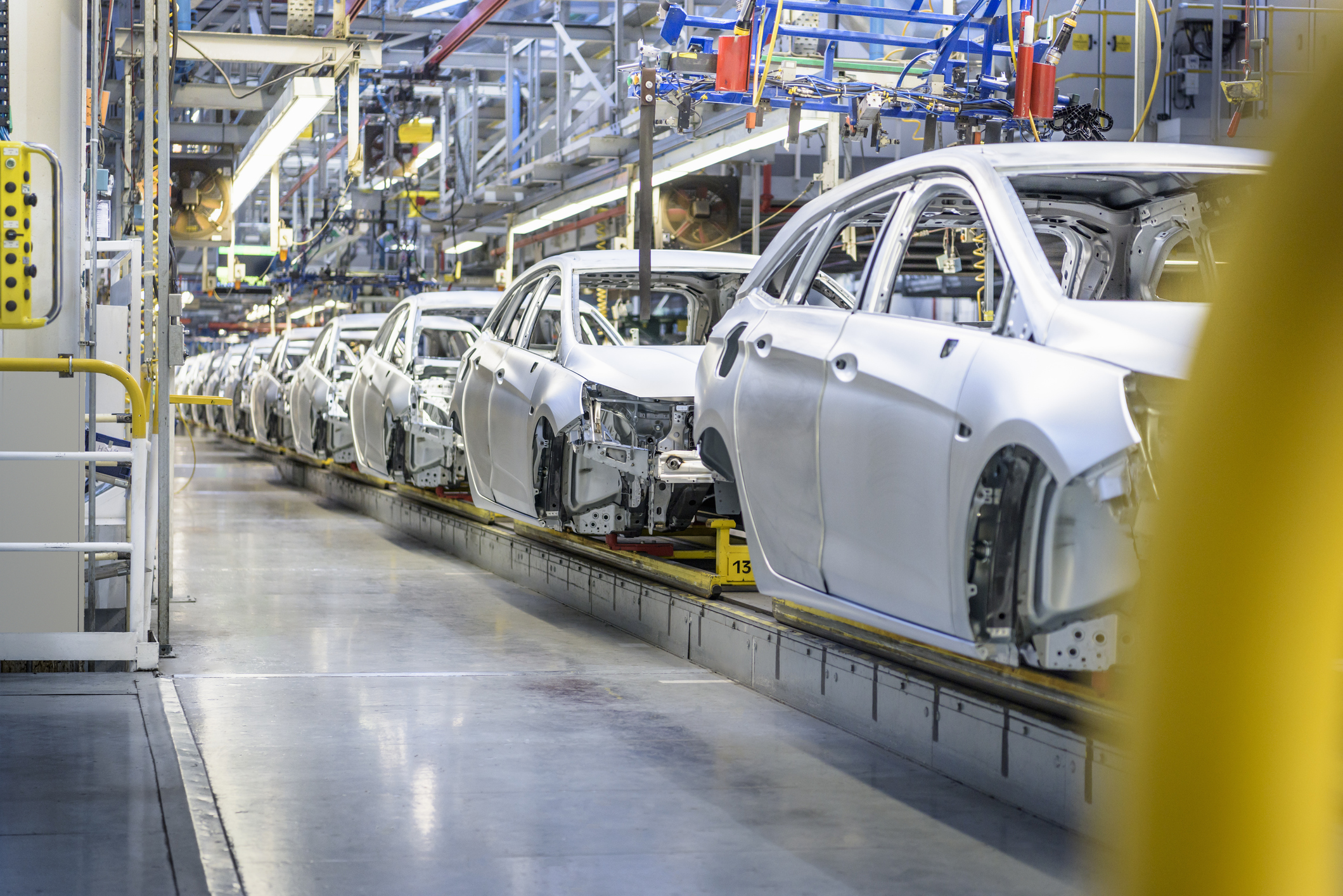The Production Linked Incentive (PLI) scheme for the automobile and auto components industry, initiated in 2021, has achieved investments worth ₹20,715 crore and incremental sales of ₹10,472 crore by September, the Ministry of Heavy Industries said.
Covering FY 2023-24 to FY 2027-28, the scheme targets advanced automotive technologies with incentives of 13-18% for EV and hydrogen fuel cell components and 8-13% for other technologies. The initiative expects ₹42,500 crore in investments and 1.4 lakh new jobs over five years.
According to the Ministry of Heavy Industries, under the FAME-II scheme, launched in 2019, ₹8,844 crore has been utilized to incentivize 16.15 lakh EVs and establish 10,985 public charging stations as of October 31. The scheme supports the adoption of various types of EVs and promotes the transition to sustainable transportation.
The PM E-DRIVE scheme, introduced in September 2024, aims to enhance EV infrastructure with a budget of ₹10,900 crore. It includes subsidies for EV purchases, e-bus procurement, and fast-charging infrastructure. By November, ₹332 crore had been disbursed under the scheme.
The Scheme to Promote Manufacturing of Electric Passenger Cars (SMEC) launched in March, supports EV manufacturing by encouraging domestic value addition and capped imports of electric passenger cars at reduced customs duty.
The PM e-Bus Sewa Payment Security Mechanism, implemented in October, ensures payment security for e-bus operators through a ₹3,435.33 crore financial allocation.
To develop India’s battery manufacturing capacity, the PLI scheme for Advanced Chemistry Cell (ACC) battery storage was rolled out with a ₹18,100 crore outlay. By 2024, it facilitated the establishment of a 30 GWh battery manufacturing capacity, with investments amounting to ₹1,505 crore.
Other achievements include developing high-voltage motor controllers for EVs, energy-efficient components, and battery testing facilities. The Ministry also introduced the Industry 4.0 Maturity Model to assist MSMEs in adopting modern manufacturing technologies.




















